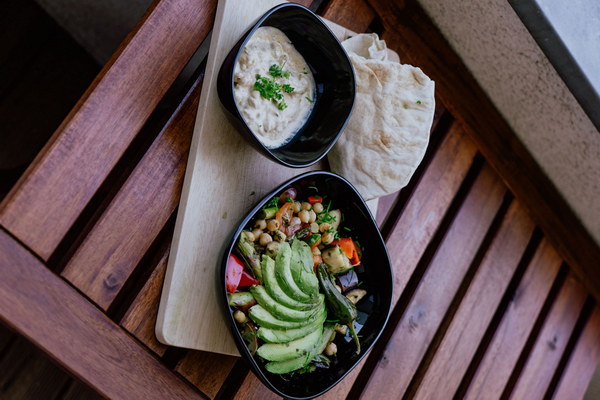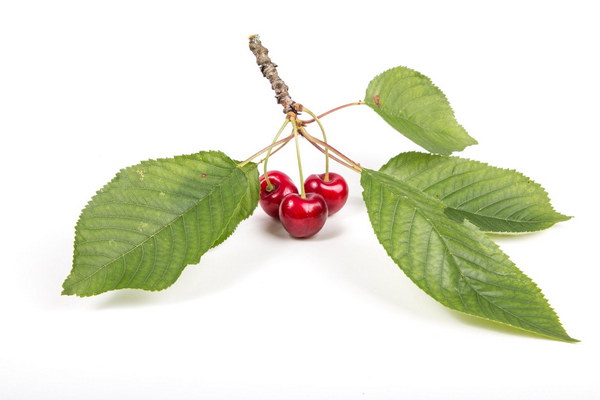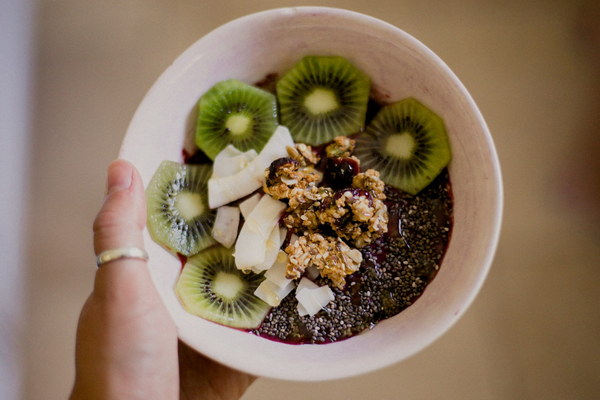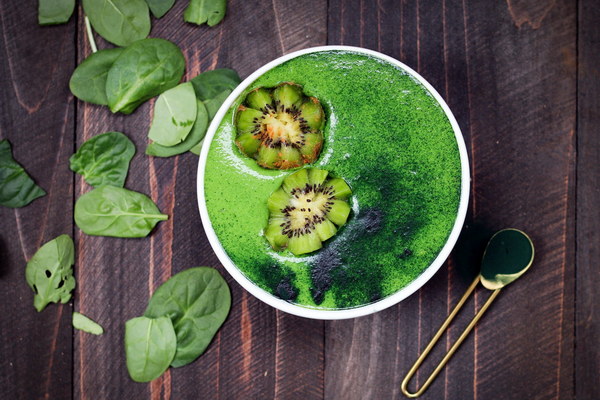Top Nutritional Supplements for Pregnant Women What to Include in Your Diet
Pregnancy is a crucial time for both the mother and the developing baby. Ensuring that the mother's diet is well-balanced and rich in essential nutrients is vital for the health of both. This article aims to provide a comprehensive guide to the top nutritional supplements that pregnant women should consider including in their diet.

1. Folic Acid
Folic acid is a crucial nutrient for the development of the baby's neural tube, which eventually forms the brain and spinal cord. It is recommended that pregnant women take 400 to 800 micrograms of folic acid daily, preferably before conception and throughout the first trimester. Good sources of folic acid include fortified cereals, leafy green vegetables, and orange juice.
2. Iron
Iron is essential for the production of hemoglobin, which carries oxygen throughout the body. During pregnancy, the body requires more iron to support the growing baby and the increased blood volume. It is recommended that pregnant women take a daily iron supplement of 27 milligrams. Foods rich in iron include red meat, poultry, fish, beans, and fortified cereals.
3. Calcium
Calcium is essential for the development of the baby's bones and teeth. It is also important for maintaining the mother's bone density. The recommended daily intake of calcium for pregnant women is 1,000 milligrams. Good sources of calcium include dairy products, leafy green vegetables, and fortified foods.
4. Omega-3 Fatty Acids
Omega-3 fatty acids, particularly DHA (docosahexaenoic acid), are important for the baby's brain and eye development. It is recommended that pregnant women take a DHA supplement of at least 200 milligrams daily. Rich sources of omega-3 fatty acids include fatty fish (such as salmon, mackerel, and sardines), flaxseeds, and chia seeds.
5. Vitamin D
Vitamin D is crucial for the absorption of calcium and the development of the baby's bones and teeth. It is recommended that pregnant women take a vitamin D supplement of 600 to 800 international units (IU) daily. Good sources of vitamin D include fatty fish, fortified milk, and sunlight exposure.
6. Vitamin C
Vitamin C is essential for the absorption of iron and plays a vital role in the immune system. It is recommended that pregnant women take a vitamin C supplement of 85 milligrams daily. Rich sources of vitamin C include citrus fruits, berries, and bell peppers.
7. Probiotics
Probiotics are beneficial bacteria that can help maintain a healthy gut flora and support the immune system. It is recommended that pregnant women take a probiotic supplement to support their digestive health and overall well-being. Probiotics can also help prevent gestational diabetes and reduce the risk of preterm birth.
In conclusion, a well-balanced diet combined with appropriate nutritional supplements is essential for a healthy pregnancy. It is always recommended to consult with a healthcare provider before starting any new supplement regimen. By incorporating these top nutritional supplements into their diet, pregnant women can ensure that both they and their baby receive the necessary nutrients for a healthy pregnancy and delivery.









